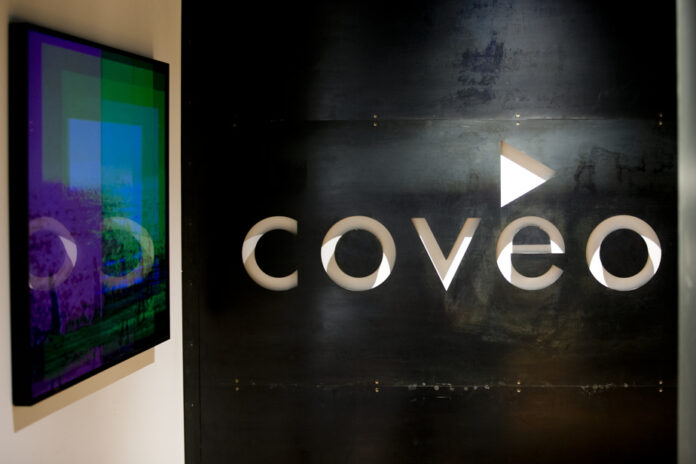The Quebec company Coveo has just developed a solution to try to respond to the “hallucinations” offered by conversational robots like ChatGPT.
Four months after the launch of ChatGPT, Coveo is ready to introduce its new “generating relevant answers” feature, although it will not be available until this summer.
Specialized in artificial intelligence applied to e-commerce, Coveo offers solutions aimed at improving the digital experience offered by companies. The new functionality adds a dimension to its search engine to soon be able to offer complete answers to complex questions.
Hallucinations are the main problem posed by chatbots. “Hallucination is telling lies with confidence. And ChatGPT is the best for that,” says Laurent Simoneau, President and CTO of Coveo, in a phone interview.
“Because we’re going to integrate company data into the process, we’ll be able to zero out those hallucinations,” he adds.
Chatbots have several shortcomings for business use. Just think of misinformation, lack of personalization, lack of privacy and security, etc.
“If you’re looking to solve the mechanical problem of an airplane, you don’t want to get a ballpark answer that needs to be checked,” says Laurent Simoneau.
To a question like “what’s the best gear to go shark fishing in Iceland next summer?” “, Laurent Simoneau points out that a portion of users will want a long answer that will describe what to do, what to buy and what to consider, instead of obtaining a simple list of results.
A chatbot like ChatGPT is “trained” to deliver a response with stunning language. “There is, however, a problem with hallucinations. Since he’s trained on the entire internet, there’s really no way of knowing if what he’s reporting is true,” says Laurent Simoneau.
“We will train chatbots (ChatGPT is the best known of them) by feeding them precise data from our customers which will be the most relevant search results in order to generate a response. This will reduce hallucinations and allow leveraging customer data (catalogs, customer service, etc.) in a secure and confidential environment as it will all be done inside our infrastructure with no sharing of a customer’s data to another,” says the tech entrepreneur.
Coveo hopes that this complement to traditional search will help it attract new customers who are currently unable to implement such functionality in a secure and confidential manner with current offers.
The company predicts that the request for answers to questions by generative artificial intelligence will become ubiquitous in all digital experiences, including commerce and customer service.
Observers have raised in recent weeks that Coveo must continue to innovate if the company wishes to remain at the forefront of its sector.
For one, TD analyst David Kwan pointed out in a research report published this winter that ChatGPT does not pose an imminent hardware risk to Coveo, but as the technology evolves, the competitive risk will increase.
Having gone public two years ago, Coveo has 800 employees. Listing on the stock exchange had enabled Coveo to raise a quarter of a billion to strengthen its financial position and help it pursue its growth strategy.
After initially being pegged at $15 for its fall 2021 stock market debut, Coveo’s stock has been rocked with the broader tech industry. Since bottoming out at $4 in the fall, the stock has rebounded and is now worth nearly $8 on the Toronto Stock Exchange.
Counting companies such as Bell, FedEx and the grocer Metro among its more than 700 customers, Coveo was founded 18 years ago by Laurent Simoneau, Marc Sanfaçon, now Senior Vice President of Technology, and Richard Tessier, Senior Vice President of Products.





